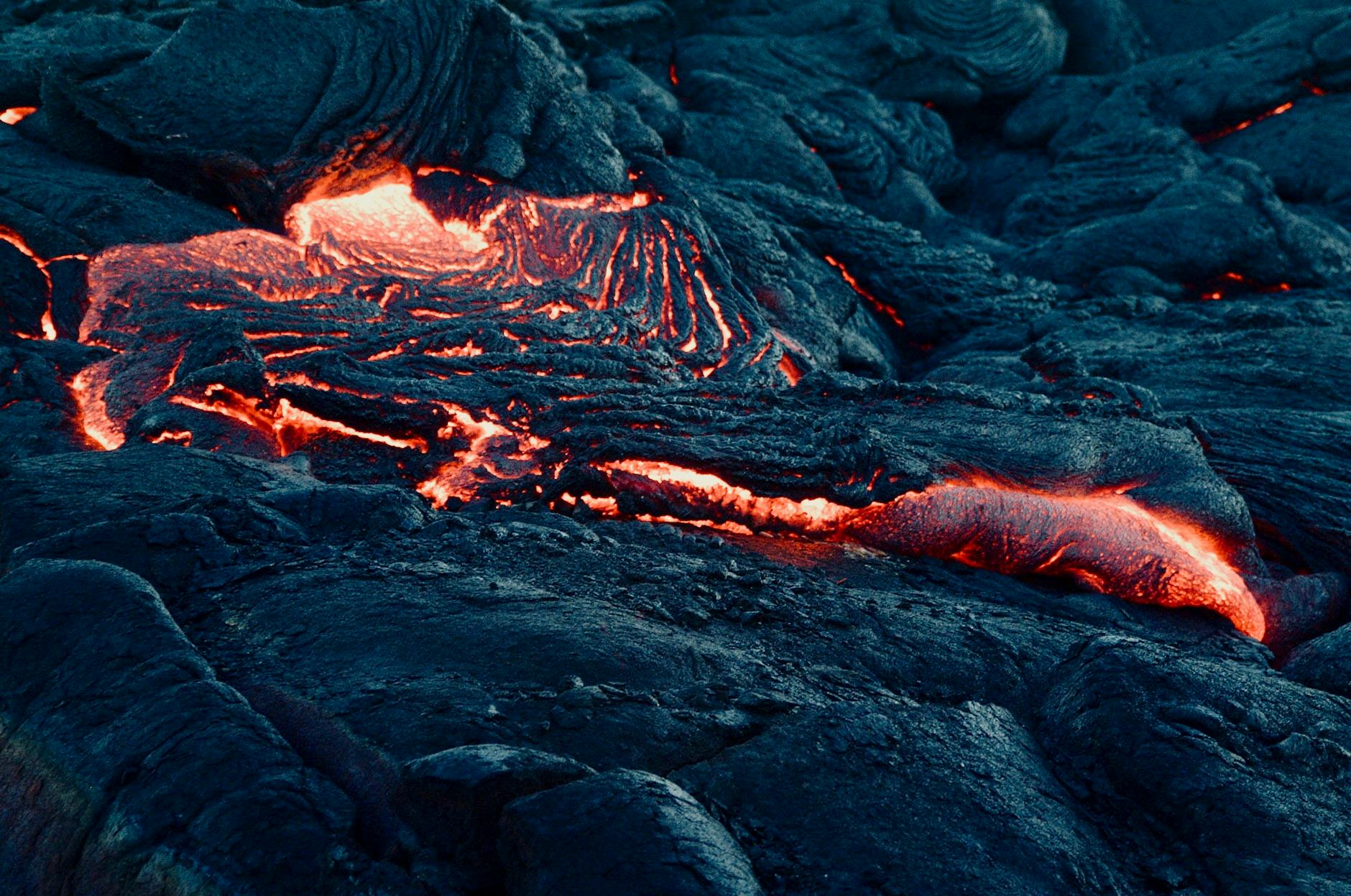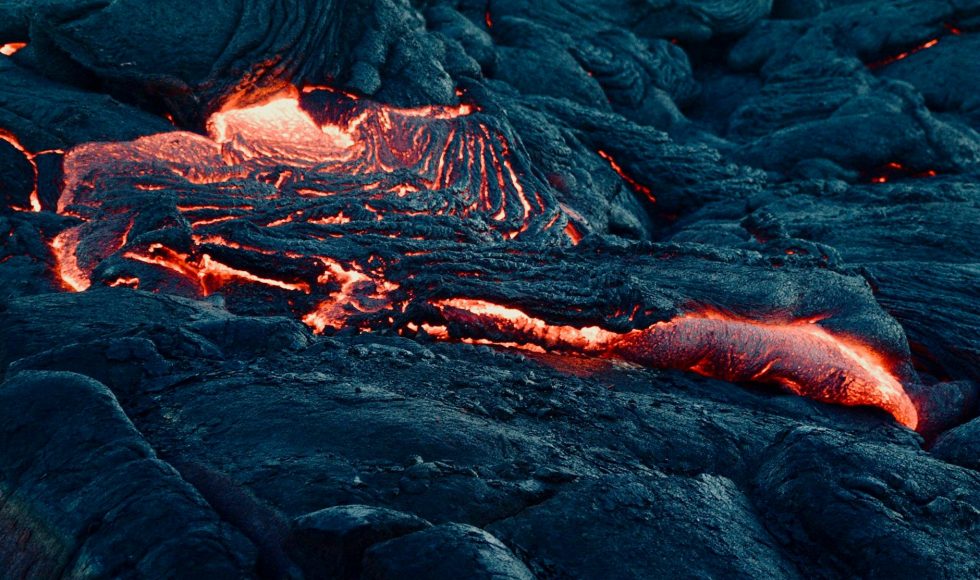Rebecca D. Prescott from the University of Edinburgh in the UK presented at London Calling 2019. The title of the session was ‘O na Hoku no na Kiu o ka Lani: Bridging genomics research and culture-based science education through astrobiology in Hawai’i.” Prescott started by mentioning that they represent a large team supported by numerous agencies. Prescott is a microbiologist focusing on microbial ecology and astrobiology. They study microbial mats and biofilms and are interested in finding quorum sensing. Importantly, they work on microbial communities in lava and extreme environments. Prescott’s research connects with culture-based science education in Hawai’i, mentioning “scientific knowledge with cultural lenses.” They described culture-based science education in Hawai’i as “the mutual exchange of cultural and academic knowledge.” In native Hawaiian culture, caves and volcanoes are extremely important. Prescott has been helping conduct teacher training in genomics and culture-based science education. They hosted two workshops in 2015 and 2018 and, at the time, were planning one in 2019. Students do DNA extraction and the MinION. They use EDGE Bioinformatics to generate full genomes of novel species in caves. Prescott shared that students generated over 12 Gbases in one run! In one example, BL16A isolate Bradyrhizobium sp., the Nanopore run produced three contigs. Prescott explained that they are unsure if this is a chromosome and two plasmids. Students contribute, and their work connects with a large scientific project funded by NSF, NASA, and several other partners. Prescott shared that some of the isolates sequenced are tested in chambers simulating the environment on Mars!



